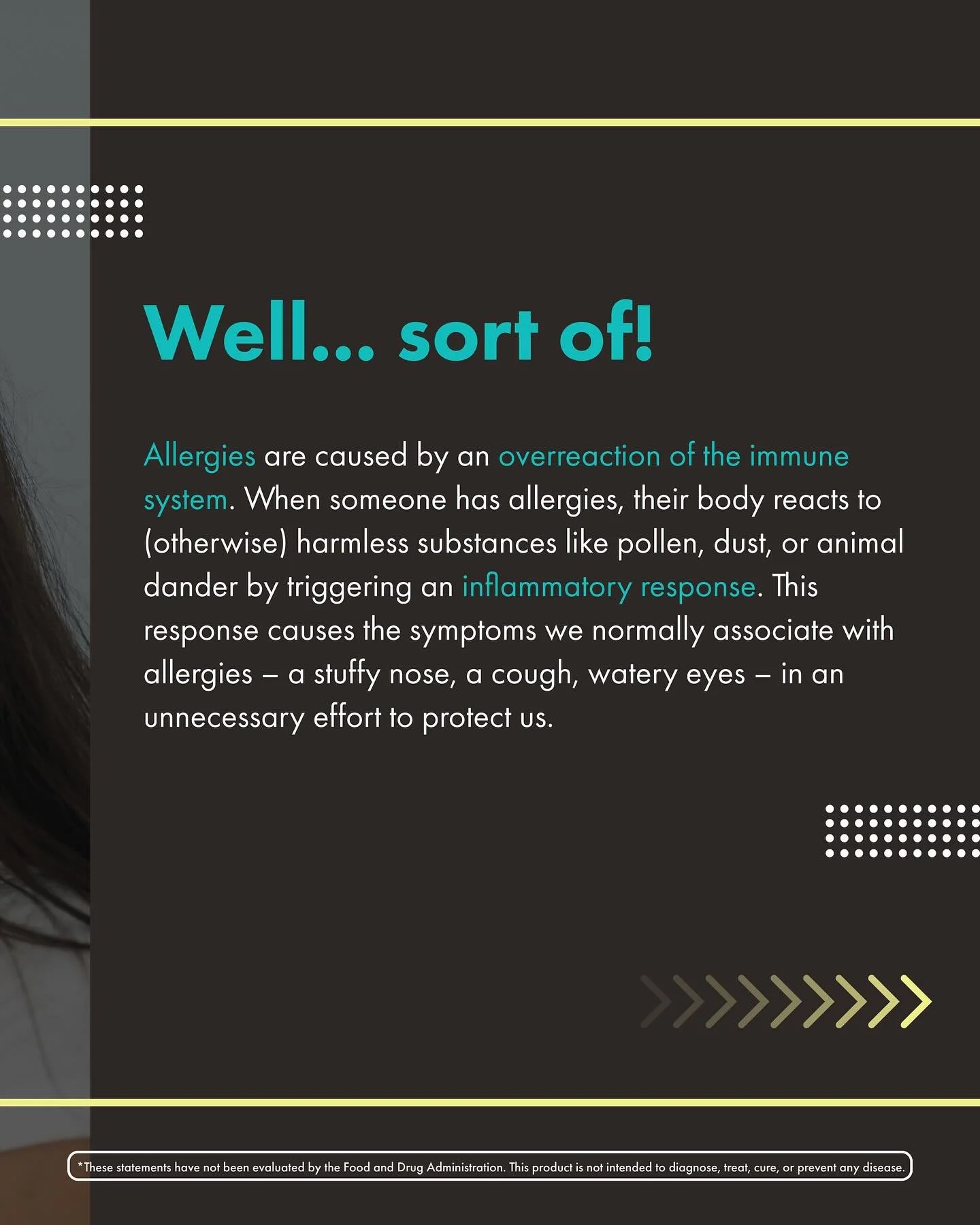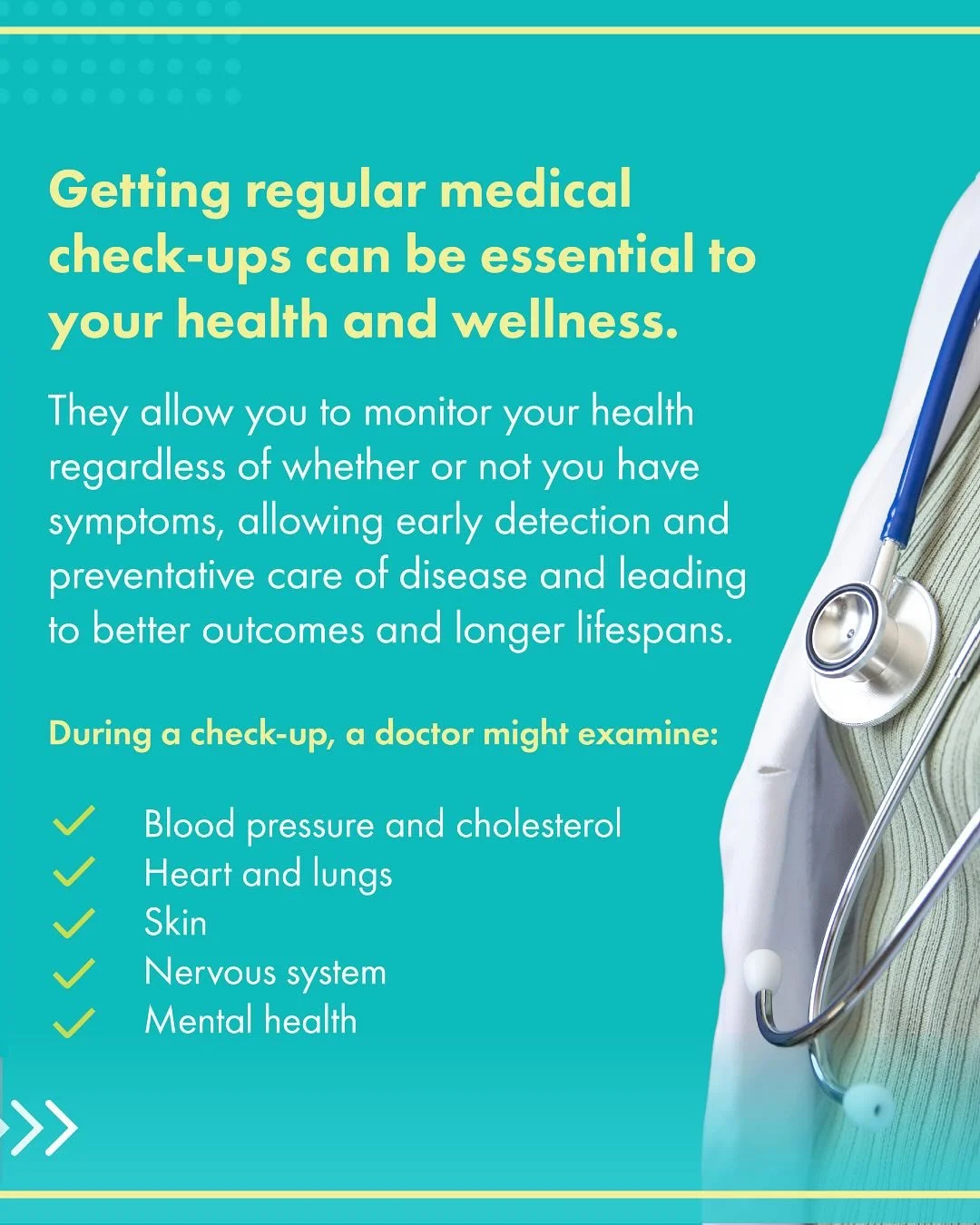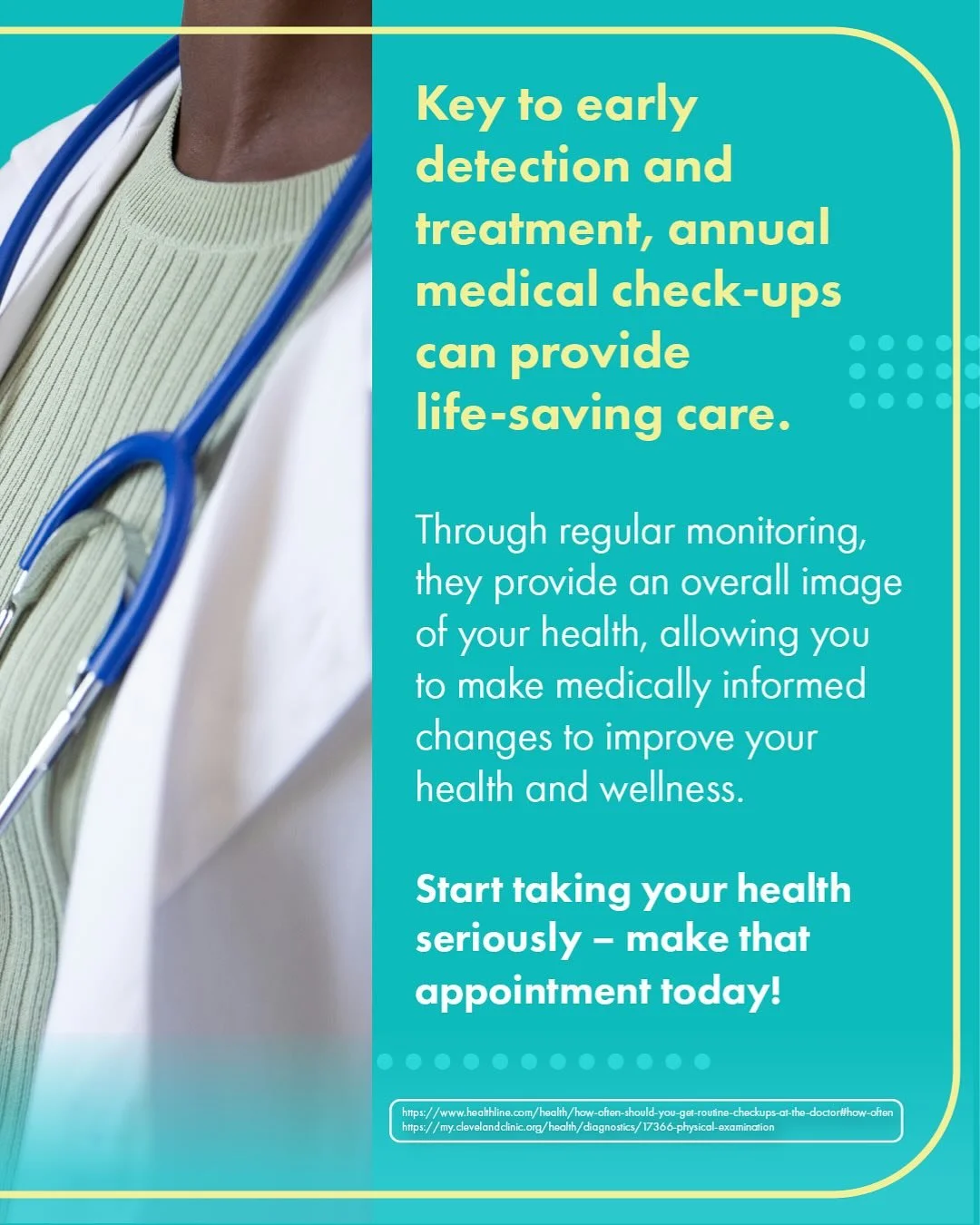Social Posts
INSTAGRAM CAROUSELS // THE PLUG DRINK
INSTAGRAM CAPTIONS // THE PLUG DRINK
-
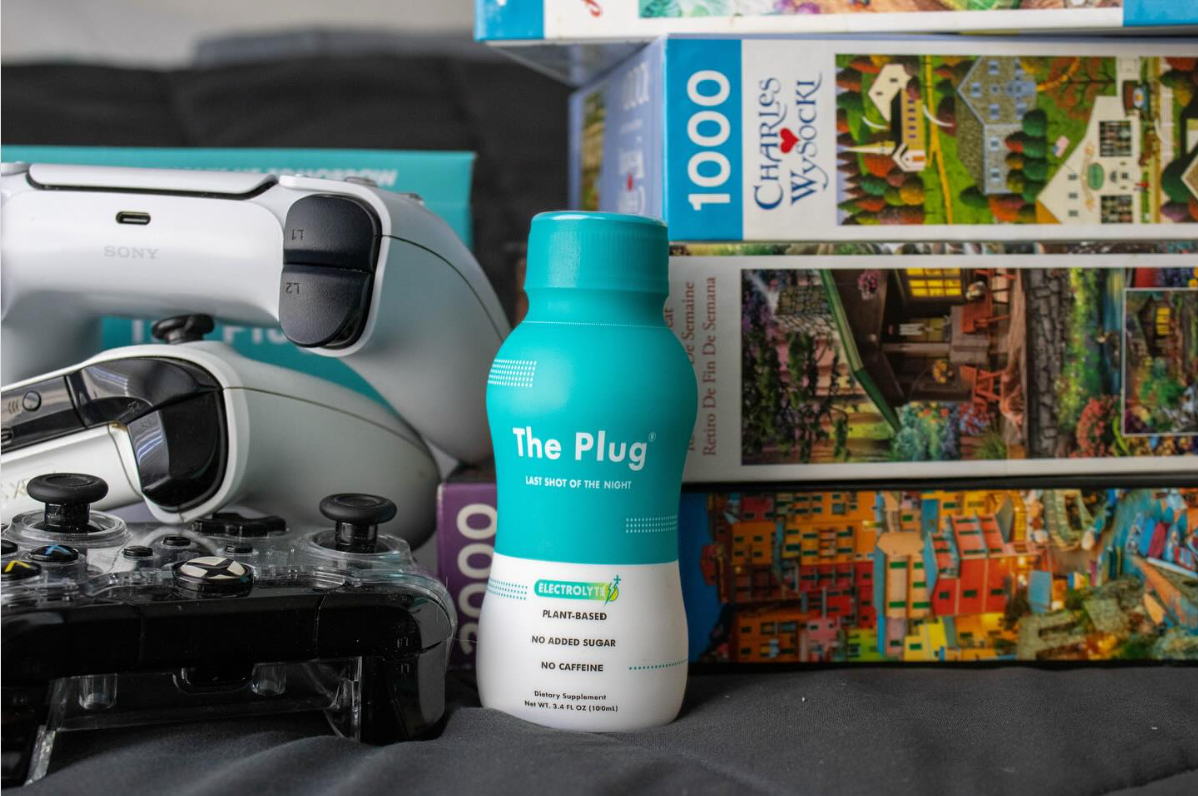
In the game of staying healthy, there aren’t very many ways to cheat… but using our plant-based beverage comes close! 🤭 Our formula helps optimize recovery, immunity support, and energy levels for improved well-being from head to toe. 💪 It’s a 1-player game, but maybe your liver definitely deserves a sidekick! 😉🤝
-
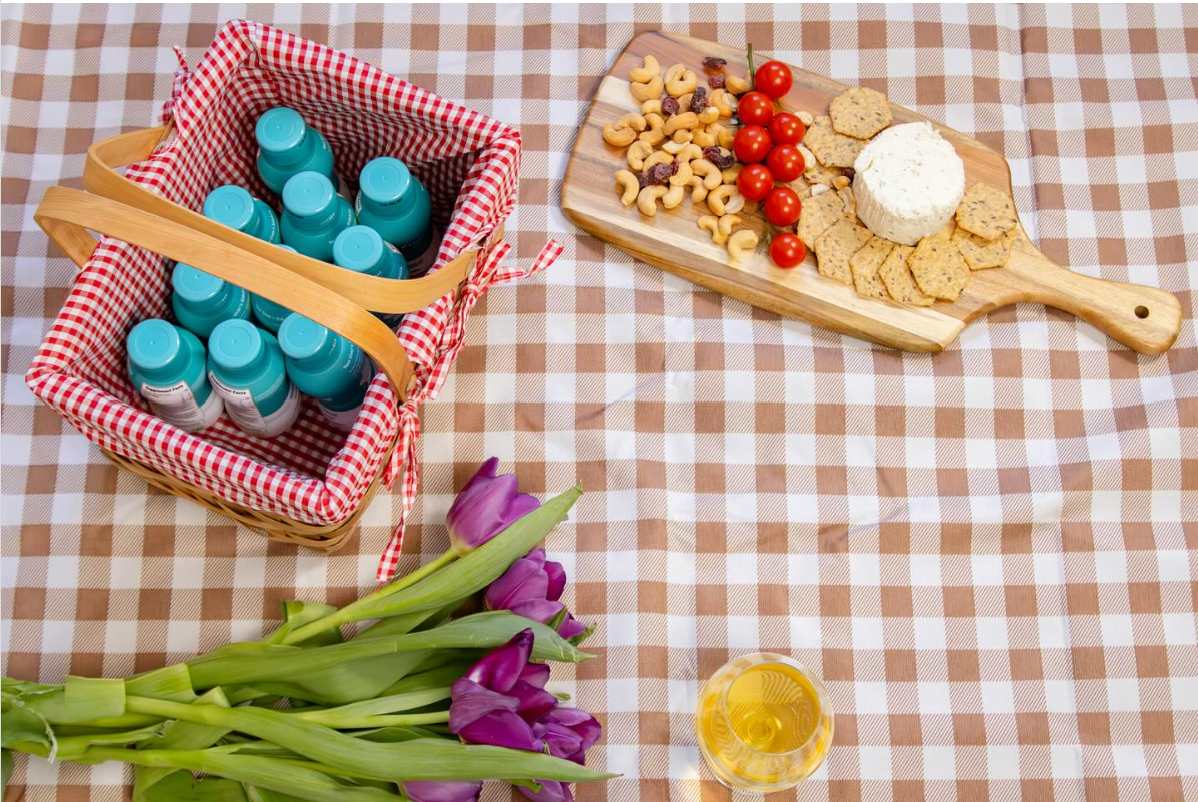
Someone should really put us on the Food Pyramid… 🤭 With the highest herbal concentration on the market, our products harness the power of plants, flowers, and fruits to keep your liver healthy and boost your immune system. 🍎 Combine us with a balanced diet to help you reach your health goals! 🩵
-

Ever heard about AST before? 🤨 It’s one of the key indicators of liver health, with elevated levels often signifying inflammation and damage. 🚨 But don’t worry too much – The Plug can help keep your AST levels in check! 💪
FACEBOOK GROUP POSTS // THE PLUG DRINK
-
This Valentine’s Day, don’t forget about your first love: 🫶 they’ve always been there for you, they know what you need before you even ask, and they filter out toxins from your bloodstream – wait, we both know we’re talking about your liver, right? It’s always loved you, and it’s never gonna stop! ♥️
As much as your current significant other might appreciate some chocolate or candy this Valentine’s Day, your “first love” might not – too much sugar can be bad for the liver. 🍬 It can lead to MASLD, a condition where fat builds up in the liver, leading to inflammation and disease! But don’t fret, there're tons of healthier alternatives to sugary-filled treats you can enjoy this Valentine’s Day. 💌
🍓 Fresh Fruit
Fresh fruit is naturally sweet, low in carbs, and high in fiber. This means it has a lower sugar content than candy or other artificially-sweet treats, and provides tangible nutrition; it can satisfy that sweet tooth without going too far, and even offer some health benefits!
🌰 Dates & Figs
Both dates and figs are rich in various minerals and nutrients – especially fiber. They do tend to have a higher sugar content than fruits, but it’s still notably lower than other sweet treats containing artificial sugar. Dates and figs can also be used in a number of recipes as a natural sweetener.
🍫 Dark Chocolate
Dark chocolate contains a higher flavanol content, a beneficial antioxidant that reduces inflammation, may lower the risk of some heart disease, and possibly offer cognitive benefits. Dark chocolate tends to also contain less added sugar – but make sure you’re getting the right kind! You want to look for around 70-80% cocoa.
🍯 Honey-Roasted Nuts
The heart-health-promoting nutritional benefits of nuts, roasted and combined with some naturally-sweet honey, are a great choice for a sweet-and-salty treat. Make them yourself to keep the level of sugar in-check, and try out some new recipes!
These are just a few of the many possible sweet-treat alternatives to keep in mind this Valentine’s Day season. But don't get too obsessed: it’s all about moderation! ⚖️ A balanced diet and a healthy lifestyle certainly leave room for some sweet treats – even the sugary filled ones! 🍭 Love yourself, your liver, and some delicious treats this V-Day. 💞
-
We’ve all heard of the Mediterranean Diet by now – olive oil, whole grains, fish… something like that. 🤔 But that doesn’t mean we know exactly what it is, or why everyone claims it’s so healthy – especially for your liver. Let’s break down the Mediterranean Diet, explore some of the science behind it, and look at ways we can implement it into our life. ⬇️
What is the Mediterranean Diet?
The “Mediterranean Diet” comes from observing the relative good health and low rates of chronic disease in populations of the Mediterranean region – countries surrounding the Mediterranean Sea including (among others) Greece, Italy, and Spain. Although there are multiple lifestyle elements that promote good health in these populations, diet is an essential component. 🔑 Traditionally, these regions consume:
Lots of:
🍅 Fruits and vegetables
🫘 Lentils, beans, and nuts
🫒 Olive oil
A good amount of:
🍞 Whole grains
🐟 Fish
A moderate amount of:
🧀 Natural cheese and dairy products
🍗 Poultry
Little to no:
🥩 Red meat
🍫 Sweets
Taking inspiration from these eating patterns, the “Mediterranean Diet” was born. 👶 Rather than a “diet” as it’s traditionally thought of – a strict eating pattern with harsh rules focused on restriction – MD (the Mediterranean Diet) focuses more on adding or swapping things out to implement overall healthier nutrition. 🍎 That’s part of why it’s so commonly recommended by doctors and health professionals; it’s a more accessible way to revamp our eating habits.
What Does the Mediterranean Diet Do?
Simply by limiting your intake of salt, processed sugar, and saturated fats, MD can help you maintain a healthy weight and keep your cholesterol, blood pressure, and blood sugar in check. 💪 But what really makes MD special isn’t what it lacks, it’s what it contains: whole foods and healthy fats rich with distinct anti-inflammatory and antioxidant effects. 🛡️
Through this combination, MD can directly reduce your chances of developing a plethora of chronic health conditions including heart disease, diabetes, and even certain kinds of cancers! 😯 In addressing obesity, metabolic disorders, and inflammation, MD can tackle the core causes of metabolic dysfunction-associated steatotic liver disease (MASLD) – also known as fatty liver disease. This makes it a distinctly smart choice for those concerned with liver health.
How Can We Use the Mediterranean Diet?
Generally, following a Mediterranean Diet means:
Daily consumption of:
🍇 Fruit: 3 servings
🫑 Vegetables: 6 servings
🫒 Olive Oil: 1-4 servings
🍞 Unrefined/Whole Grains: 8 servings
Weekly consumption of:
🥜 Nuts: 3 servings
🫘 Legumes: more than 3 servings
🐟 Fish: 5-6 servings
This might be quite a lofty starting goal, so don’t worry about starting small! 🤏 If you snack, try replacing chips with unsalted nuts, or have some whole-grain crackers with hummus. For lunch, try making a toasted quinoa salad. For dinner, maybe some roasted chicken. Taking inspiration from a huge group of diverse countries and cultures – including many outside of the European Mediterranean – there are limitless possibilities in the Mediterranean Diet, and tons of variety. You’ll never run out of new things to try! 🥘
Whether you’re aiming to combat a specific health concern or looking to boost your overall well-being, adopting aspects of the Mediterranean Diet can be a fantastic way to achieve your goals. 💫 Add that on top of implementing The Plug – with its focus on recovery, liver health, and strengthening your immune system – and you might even surpass them! 🩵 It’s time for your liver – and your tastebuds – to take a Mediterranean vacation. 😎
-
The ABCs of MASLD – What Are the Stages of Fatty Liver Disease? 🩺
Metabolic dysfunction–associated steatotic liver disease (MASLD) – previously known as “non-alcoholic fatty liver disease” – describes the build up of fat tissue within the liver in a context unrelated to alcohol consumption. Although high fat content in the liver can pose no immediate threat for years, eventually it can lead to permanent damage and pose a serious cancer risk. 🚨 How does it go from such a seemingly harmless condition into a life-threatening health issue? Well, let’s take a look at the stages of MASLD. ⬇️
MASLD Stage 1️⃣ – Steatosis
Believe it or not, a healthy, optimally-functioning liver actually has some fat content. When it gets outside of this range, it’s known as simple fatty liver, or steatosis. During this phase of MASLD there are usually no symptoms and the fat build up in liver cells is largely considered harmless. A MASLD diagnosis at this stage is usually discovered incidentally during an unrelated medical test. 🩻
MASLD Stage 2️⃣ – MASH
Known as MASH (metabolic dysfunction–associated steatohepatitis), the second stage of MASLD is defined by active inflammation, which causes enlargement of the liver. Despite the internal damage that’s occurring, MASH often has no symptoms and can go on for years before the next stage is reached. ⏳
MASLD Stage 3️⃣ – Fibrosis
In stage III, a process known as fibrosis occurs in which inflammation leads to scar tissue forming on the liver. This scar tissue impairs optimal functioning of the liver, but overall functionality is maintained and scaring is reversible. ❤️🩹
MASLD Stage 4️⃣ – Cirrhosis
Cirrhosis describes an advanced stage of inflammation where scar tissue replaces significant amounts of healthy tissue. In this state, function is significantly impaired, damage is likely permanent, and liver failure and cancer – both inside and outside the liver – are at risk of developing. Only at this stage do most people experience symptoms. 🤒
Prevention and Treatment – When Should We Worry?
One of the most dangerous aspects of MASLD is its ability to grow in severity and damage our liver without us knowing about it, which makes preventative care and awareness key. 🔑 As risk factors for MASLD include obesity, diabetes, high blood pressure, and other conditions that affect our body’s ability to metabolize optimally, focusing on the treatment and prevention of these conditions is a way to address MASLD; some ways to do so are by:
Exercising regularly
Eating a balanced diet
Receiving proper treatment for metabolic disorders (such as diabetes) 🍎
Even if it’s not a main contributing cause, limiting or entirely removing alcohol can also reduce fat build up in the liver. These actions can halt the progression of MASLD, and – in stages I-III – sometimes allow the liver to heal completely! Because the damage in stage IV is likely permanent and can come with serious health issues, a liver transplant may be needed in advanced cases of MASLD.
How Can The Plug Help? 🩵
In addition to regular exercise, a balanced diet, and other healthy-lifestyle choices, The Plug Pills and The Plug Drink can help you take action against MASLD through reducing liver inflammation. We conducted a clinical study on The Plug’s effect on AST levels – a common indicator of liver inflammation. We found that our products were able to reduce AST levels by 15.77% in seven days! 😮 If you’re looking for additional ways to strengthen your liver, we recommend getting it a sidekick. 💪
Especially considering its ability to fly under the radar for years without getting detected, MASLD poses a notable threat to our overall health. But don’t fret, there’s a lot we can do about it: staying informed and committing to healthy lifestyle choices are effective means of protecting ourselves from MASLD. Stay sharp and stay healthy, PlugFAM! 🫡

